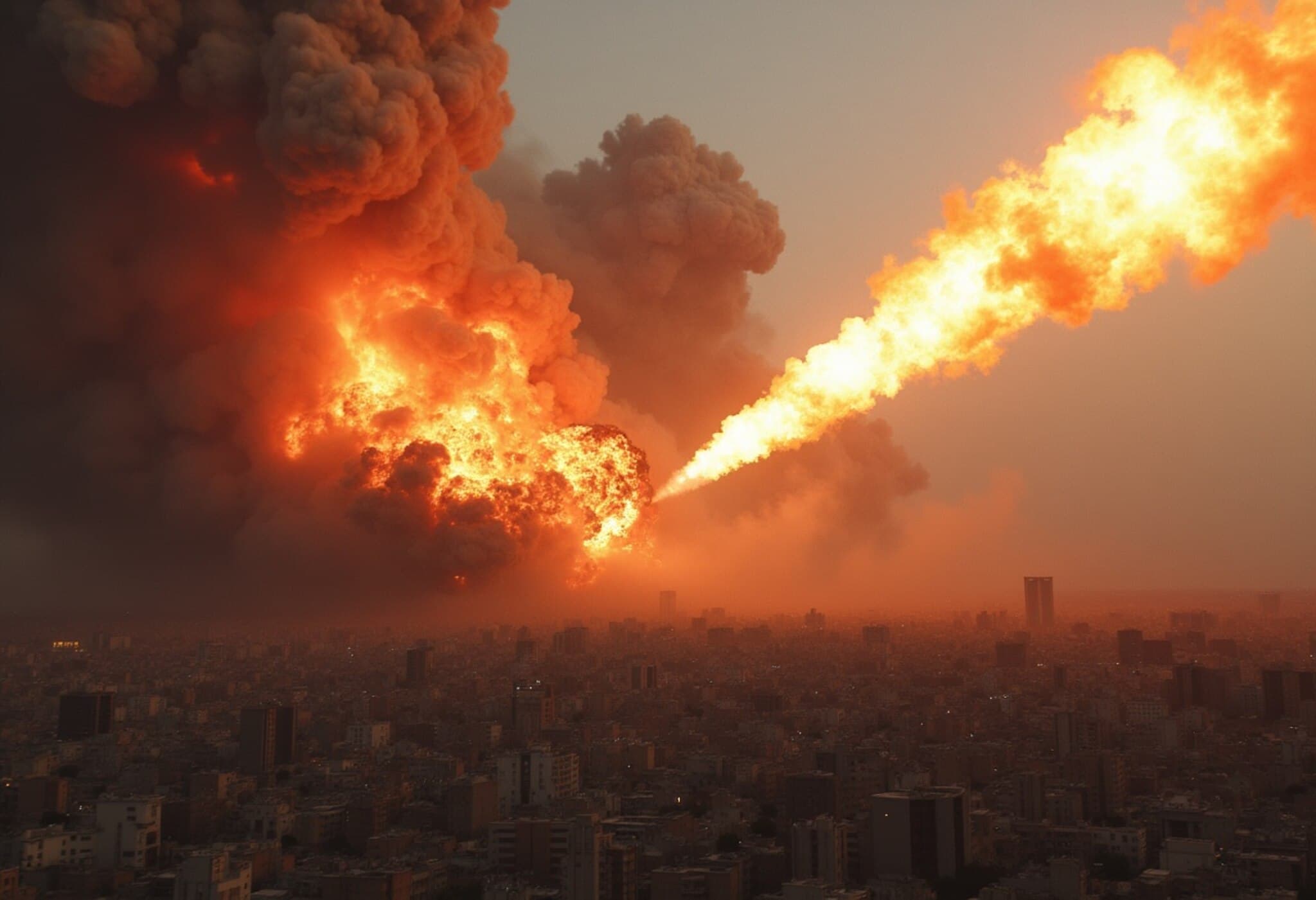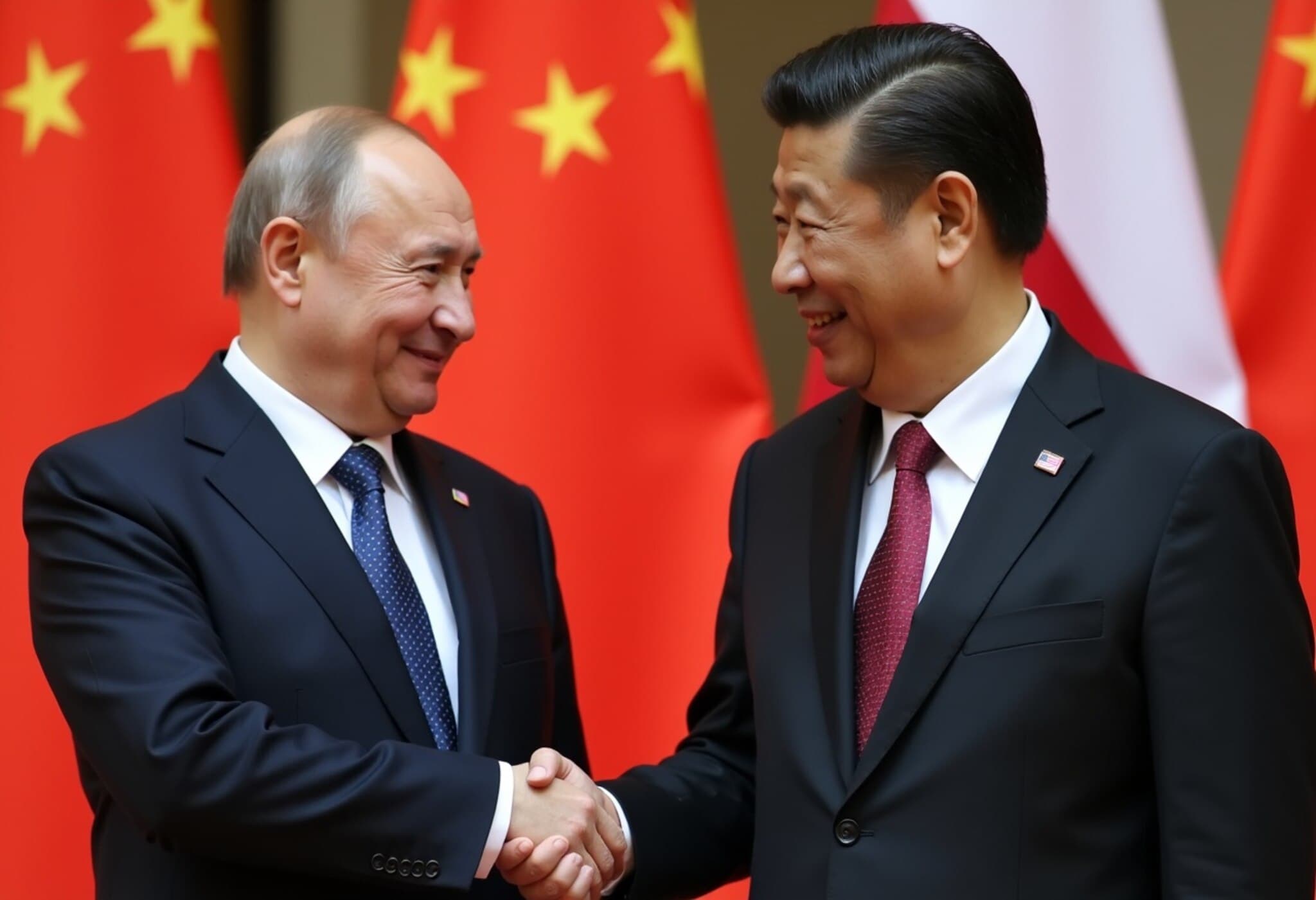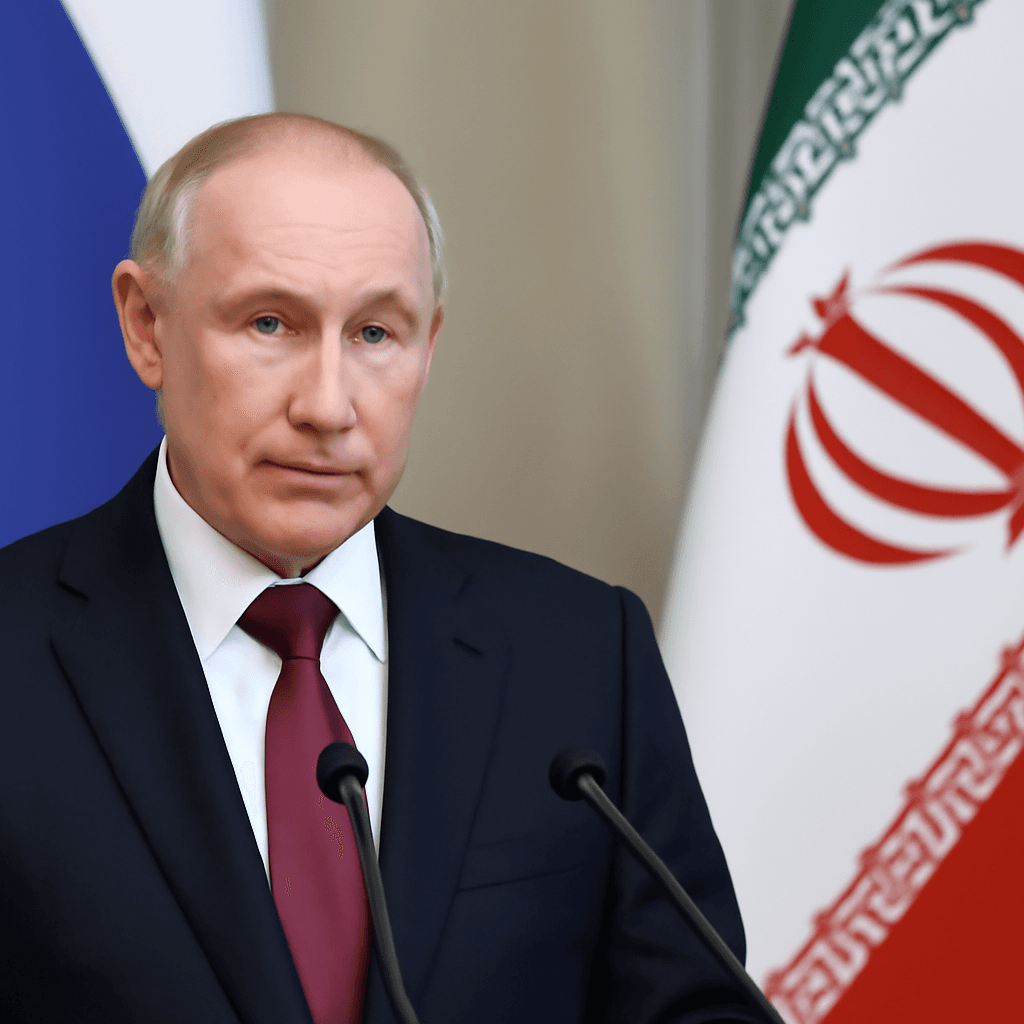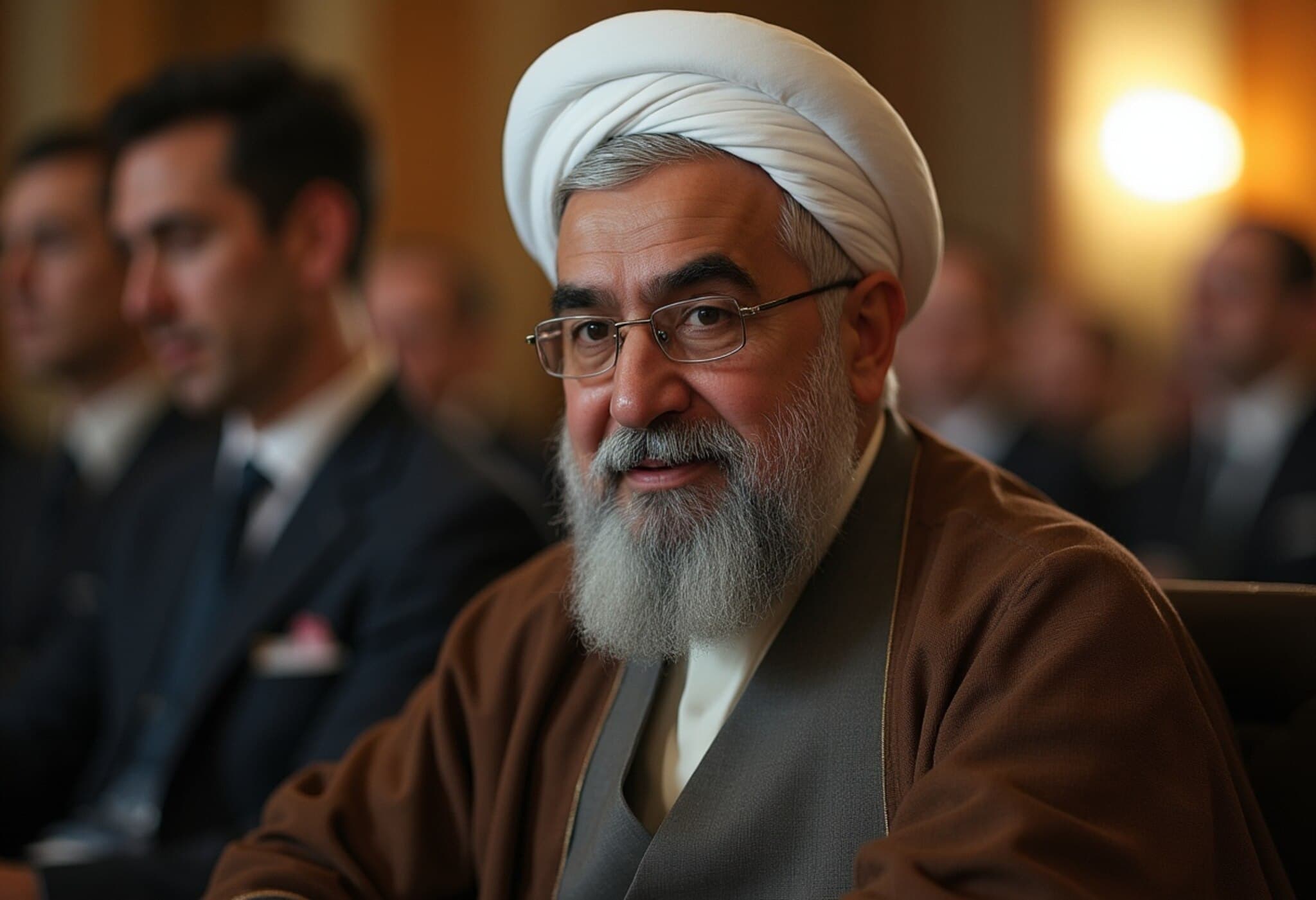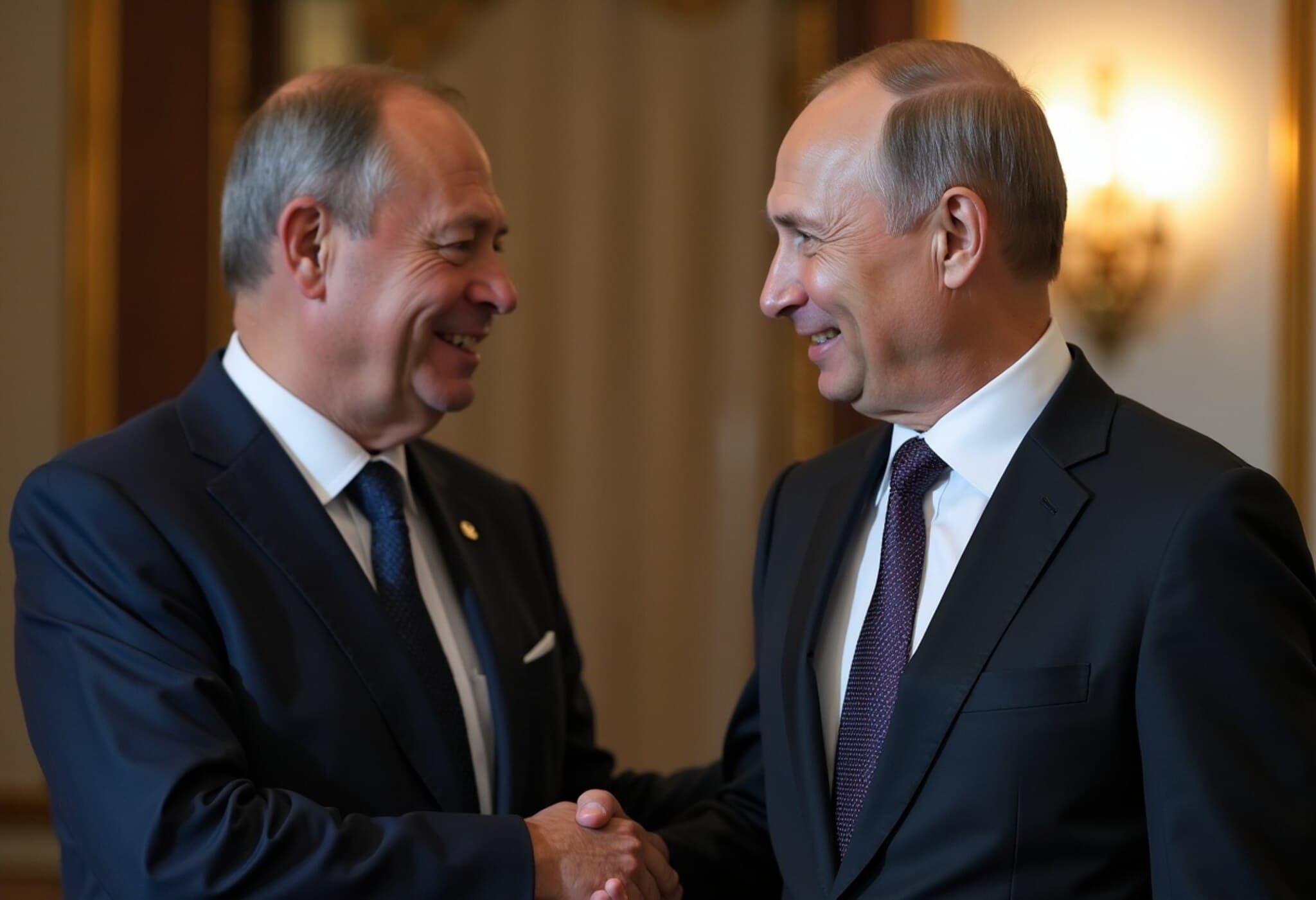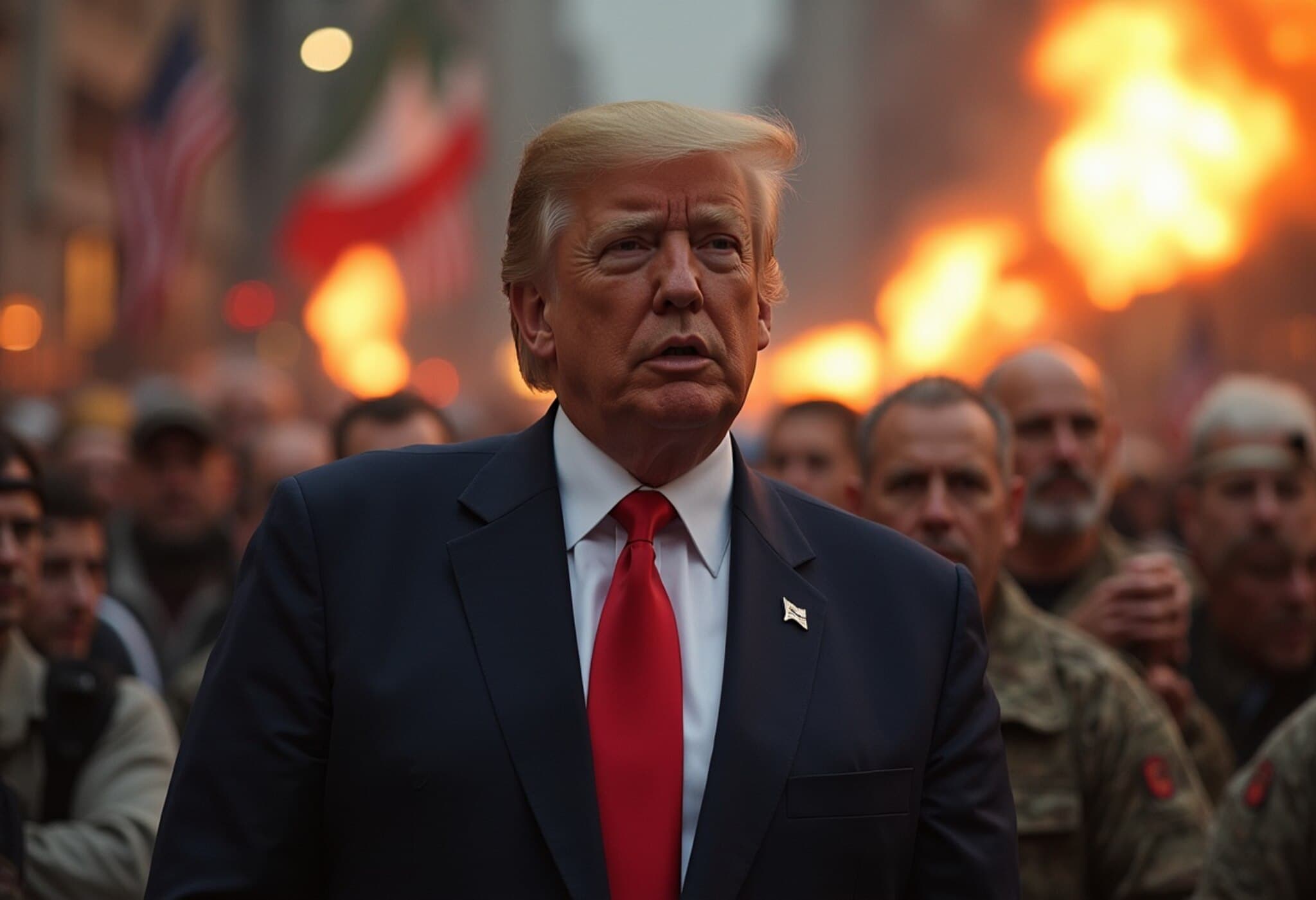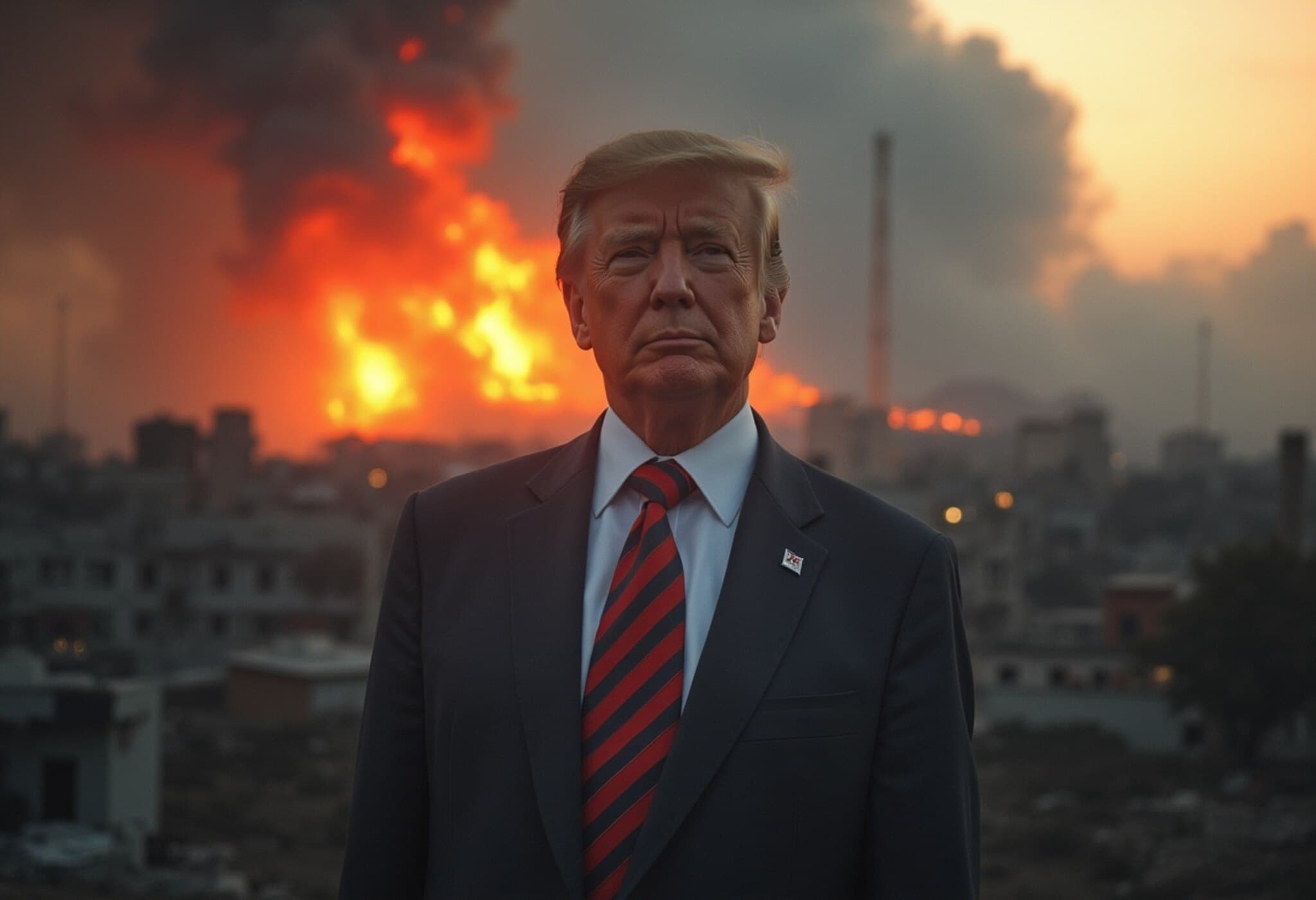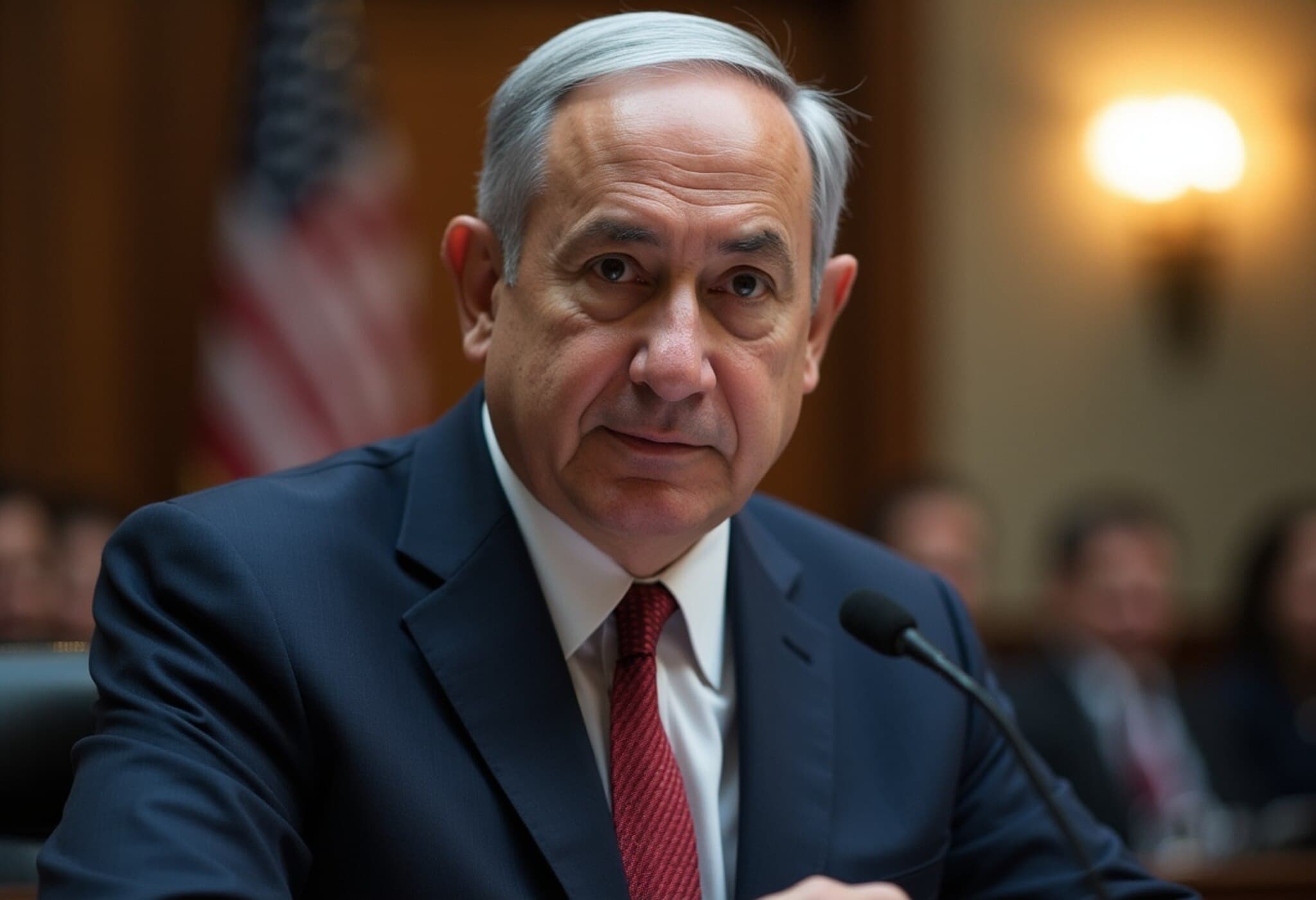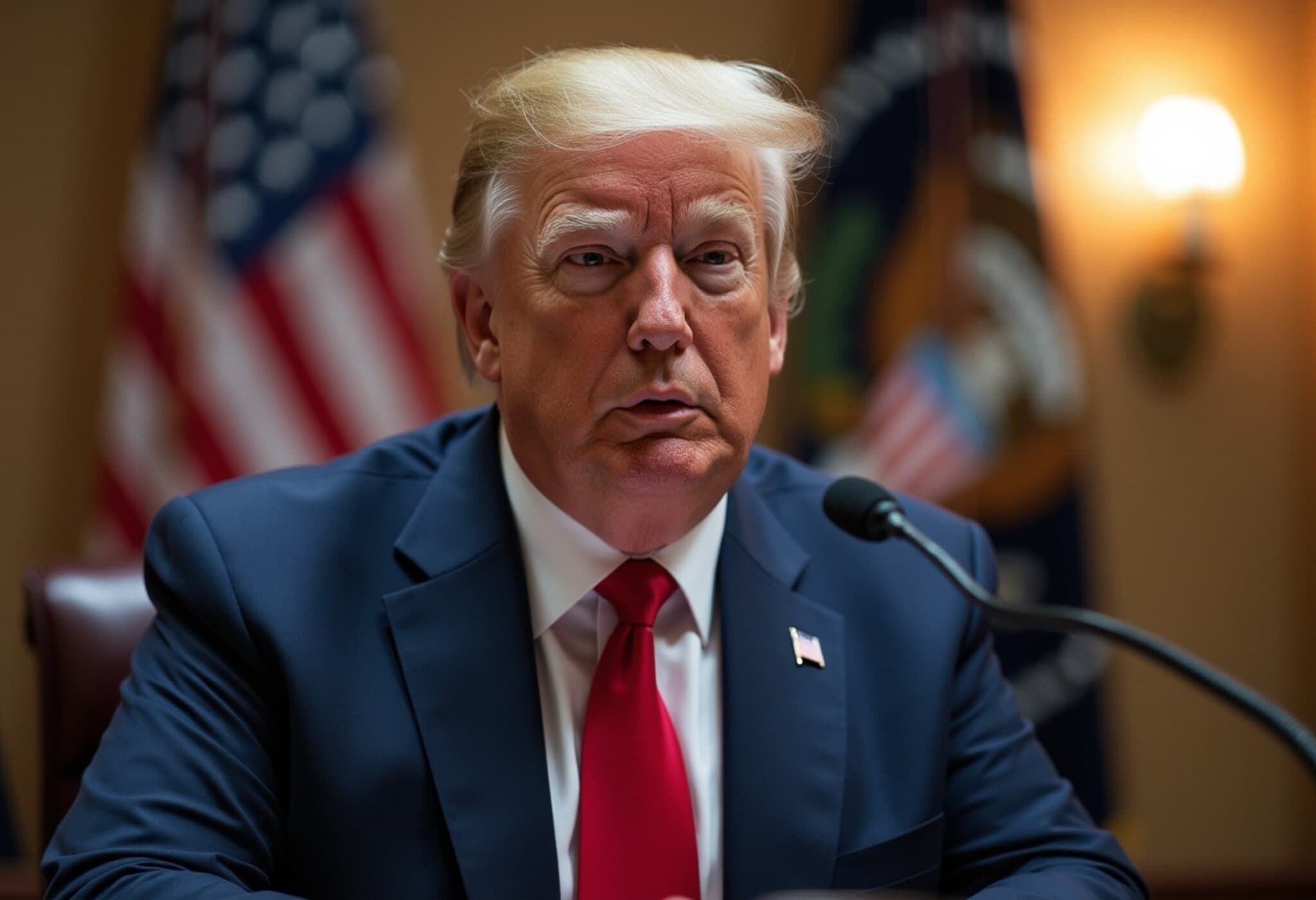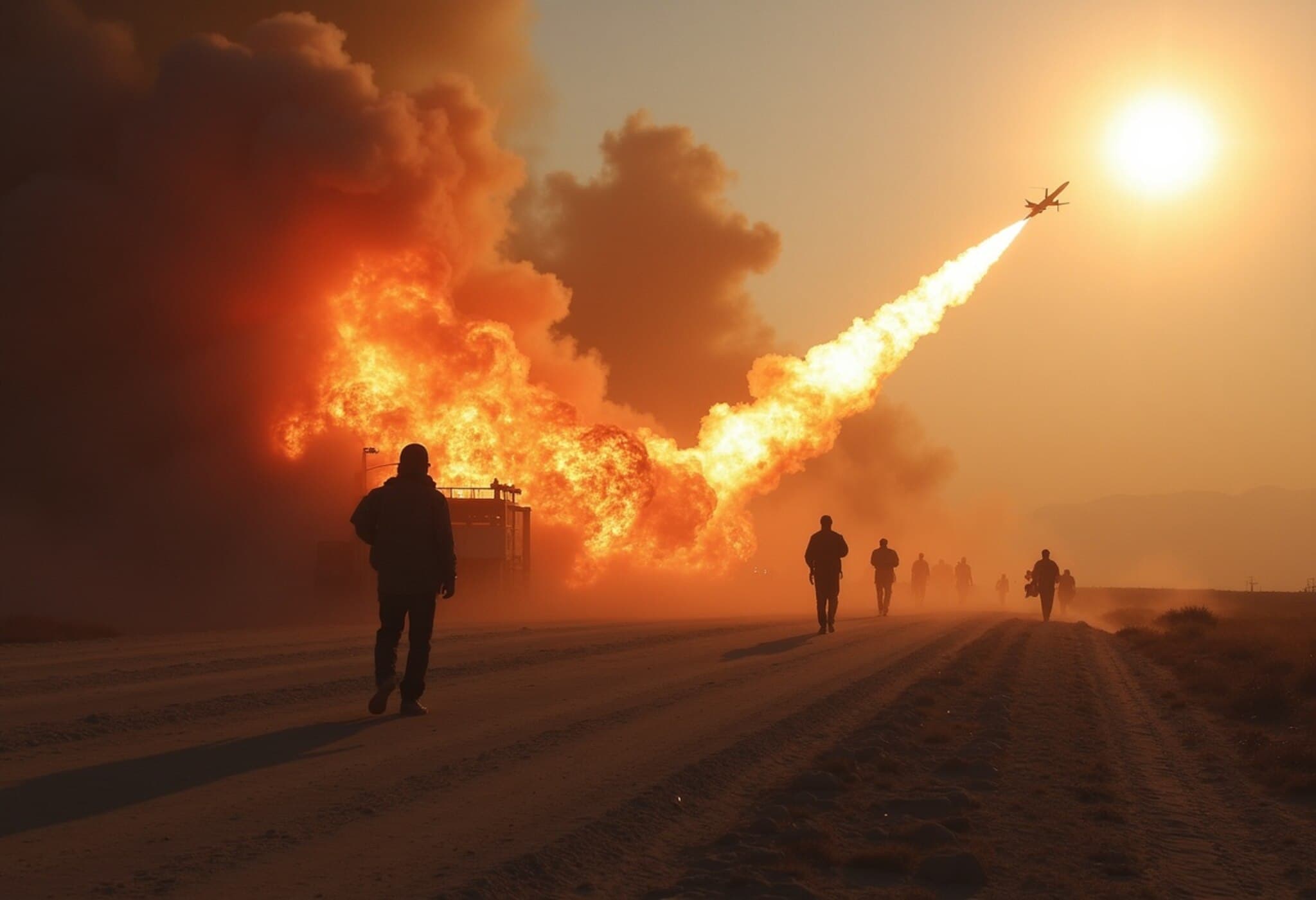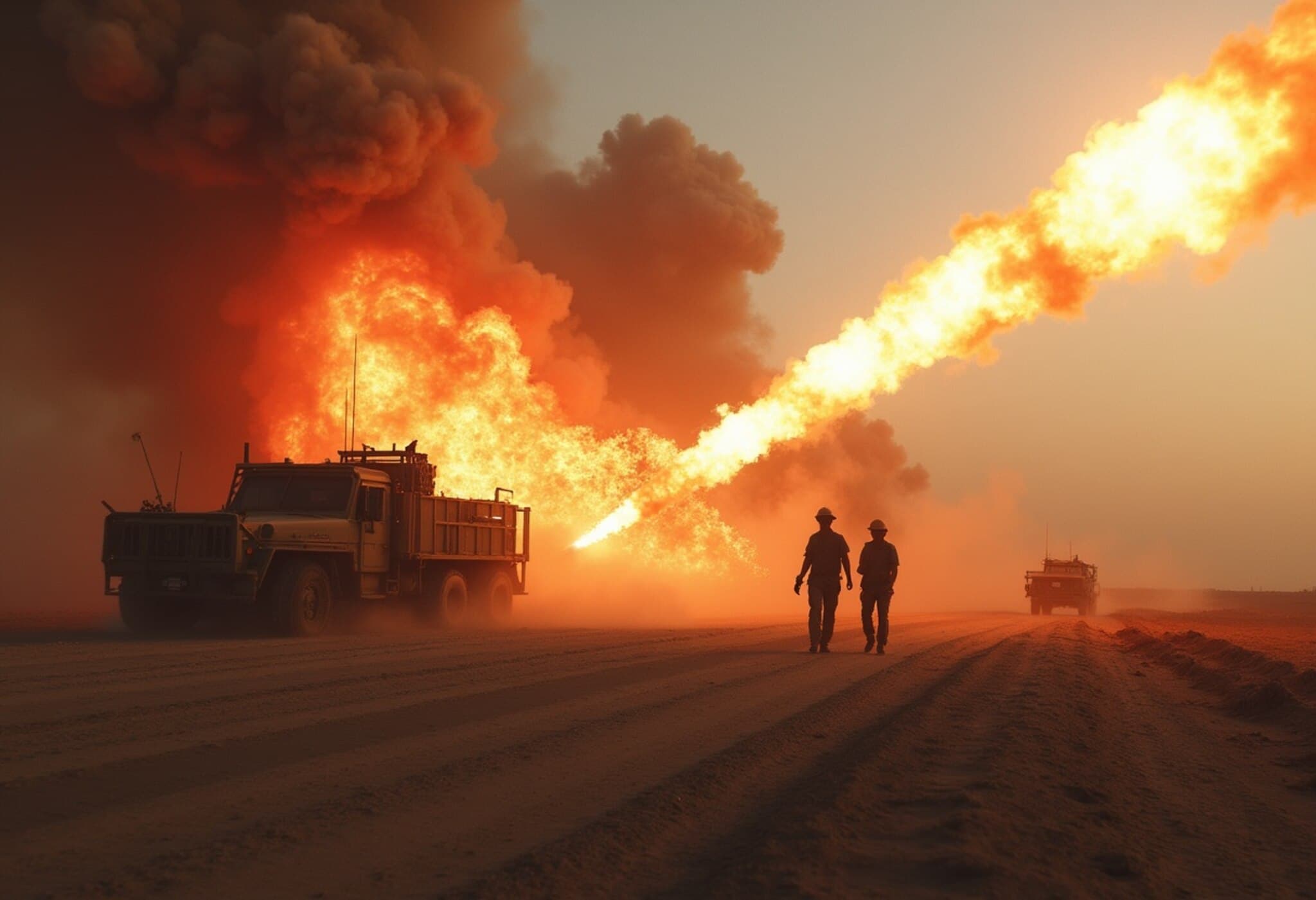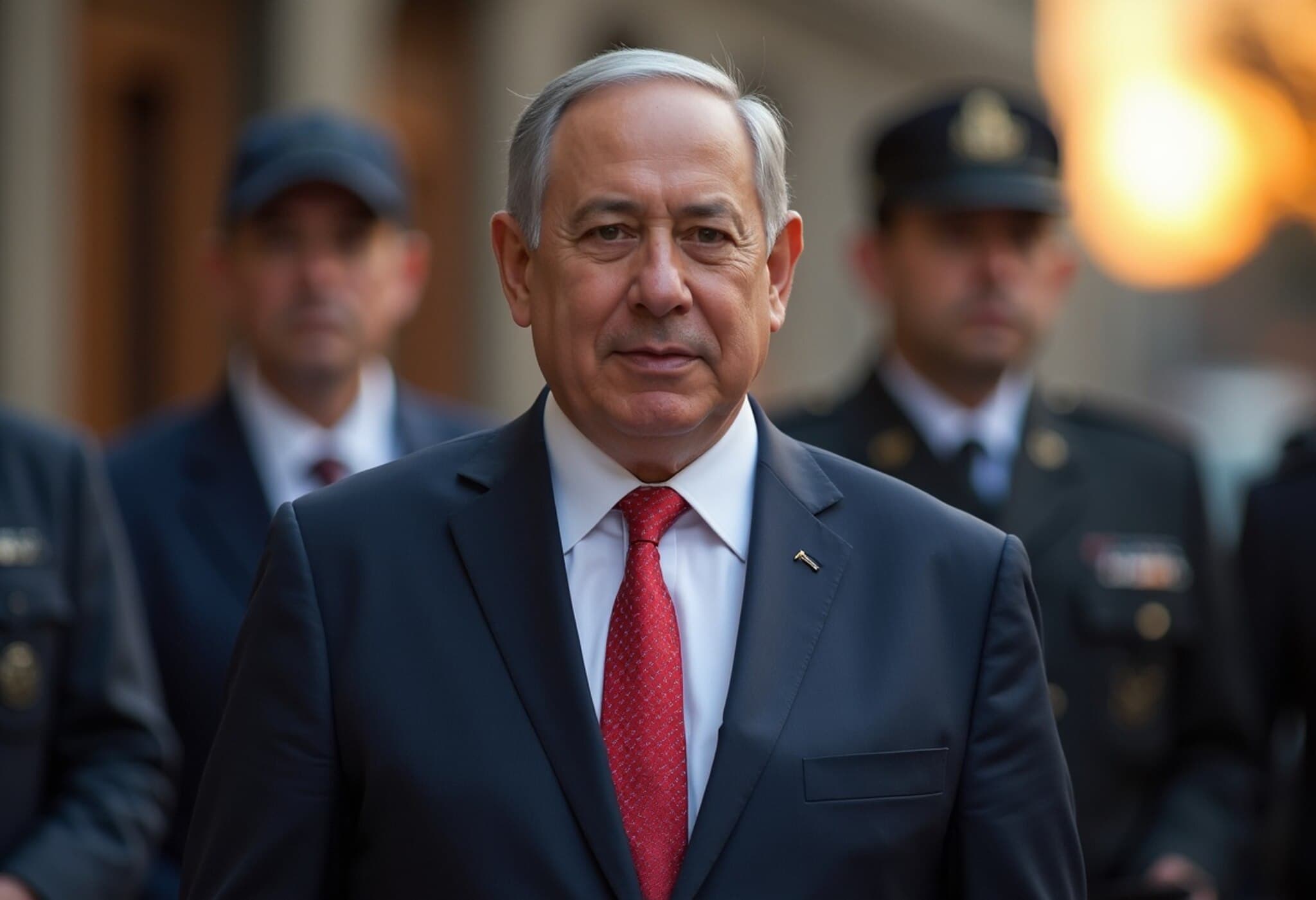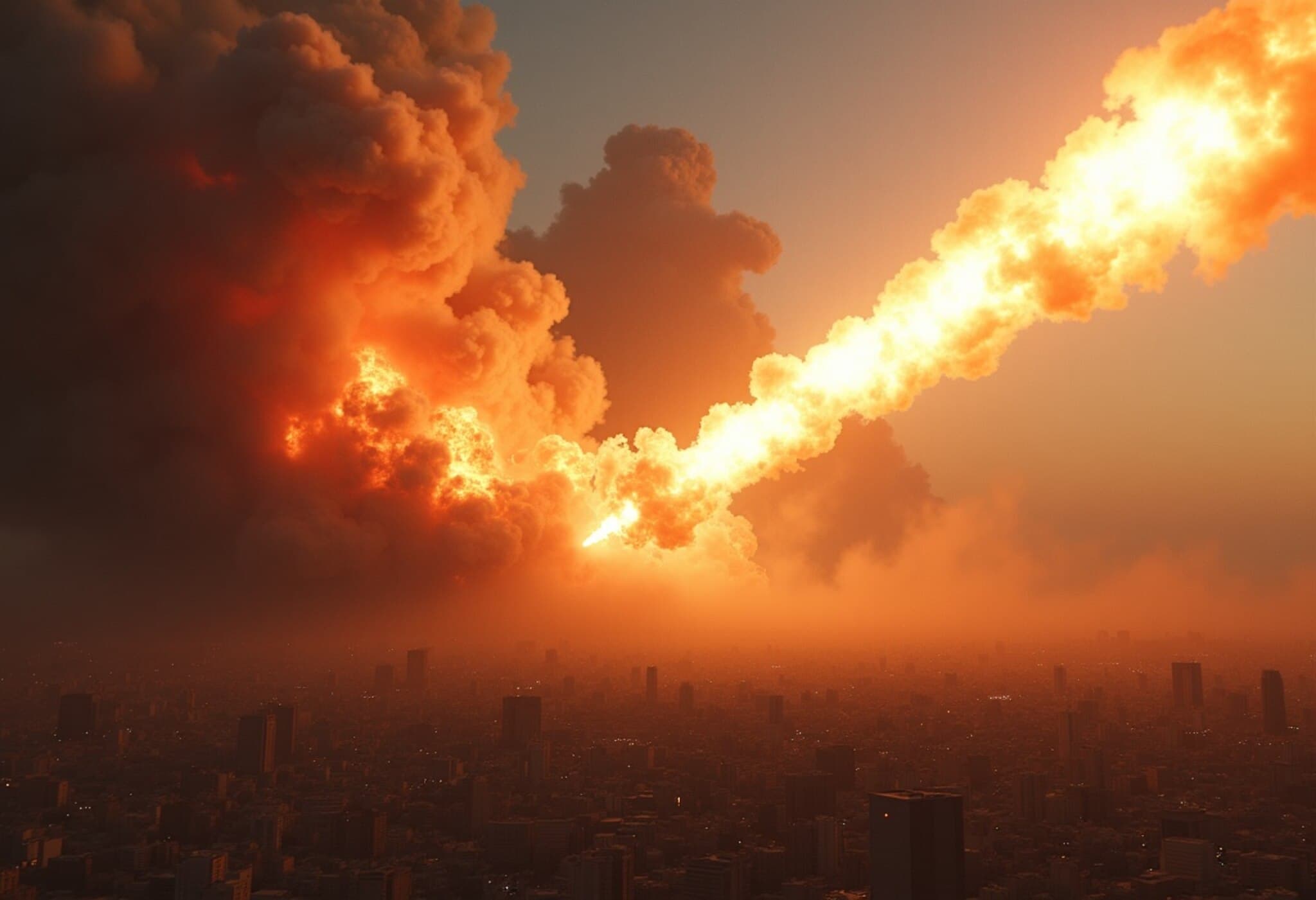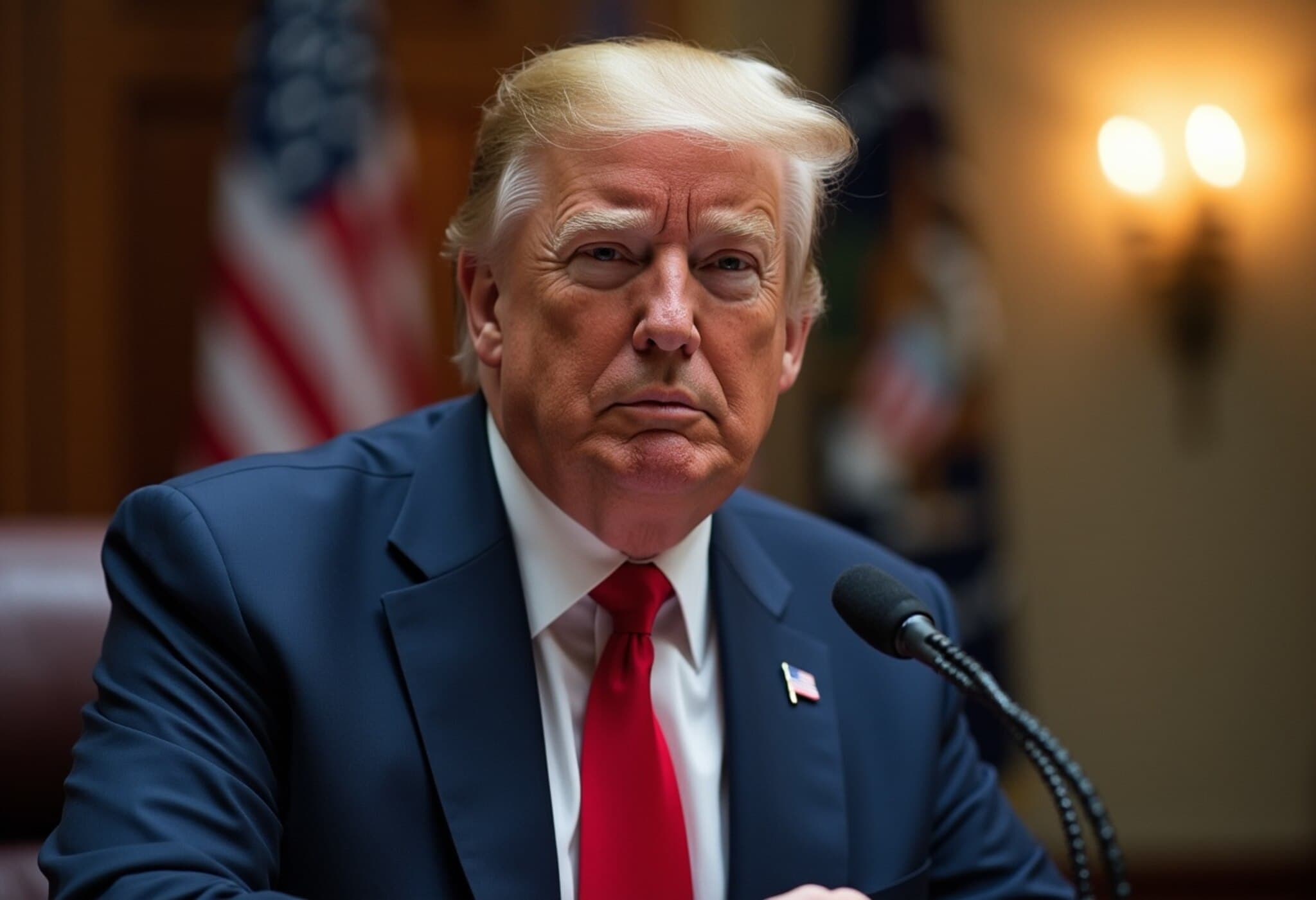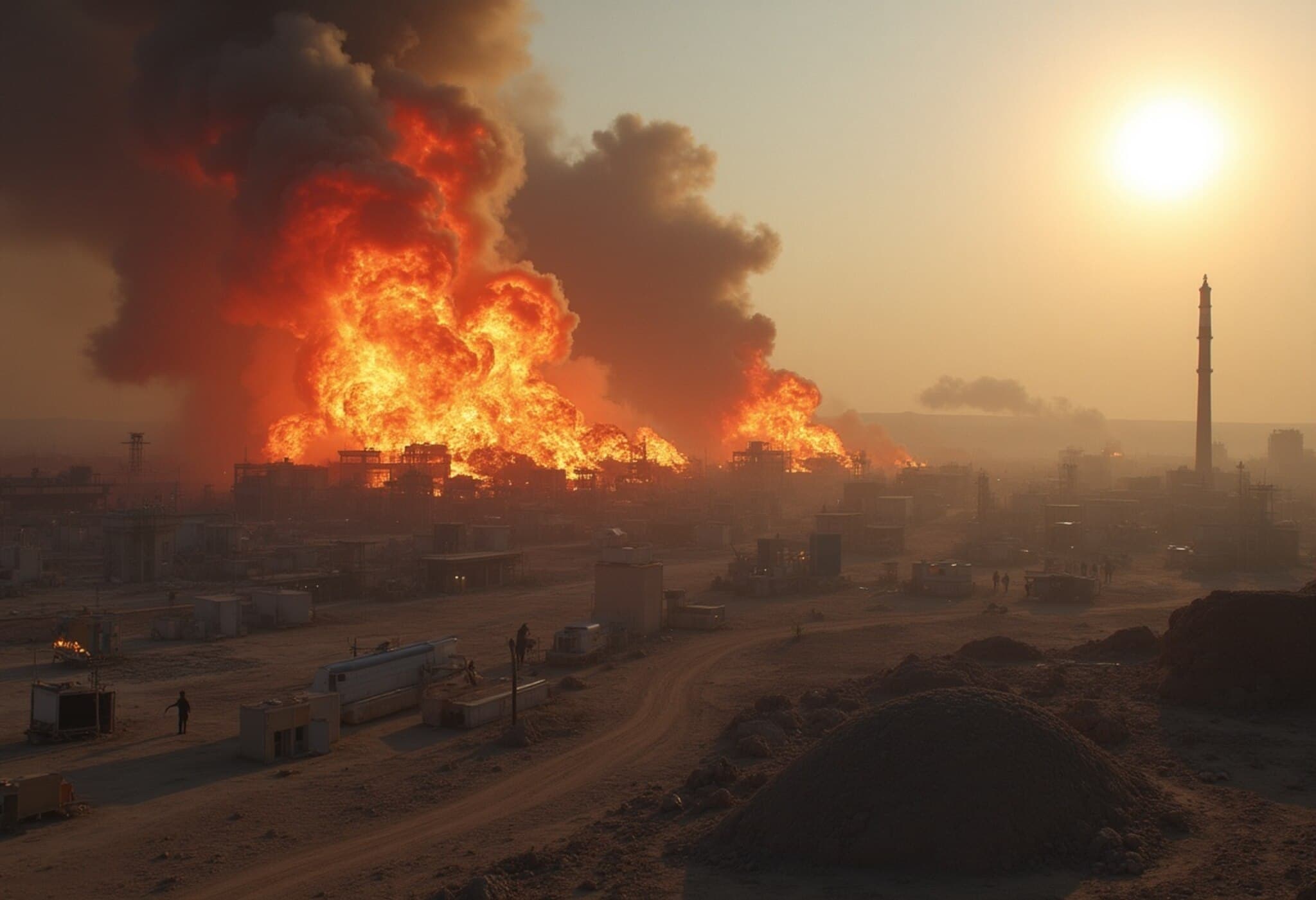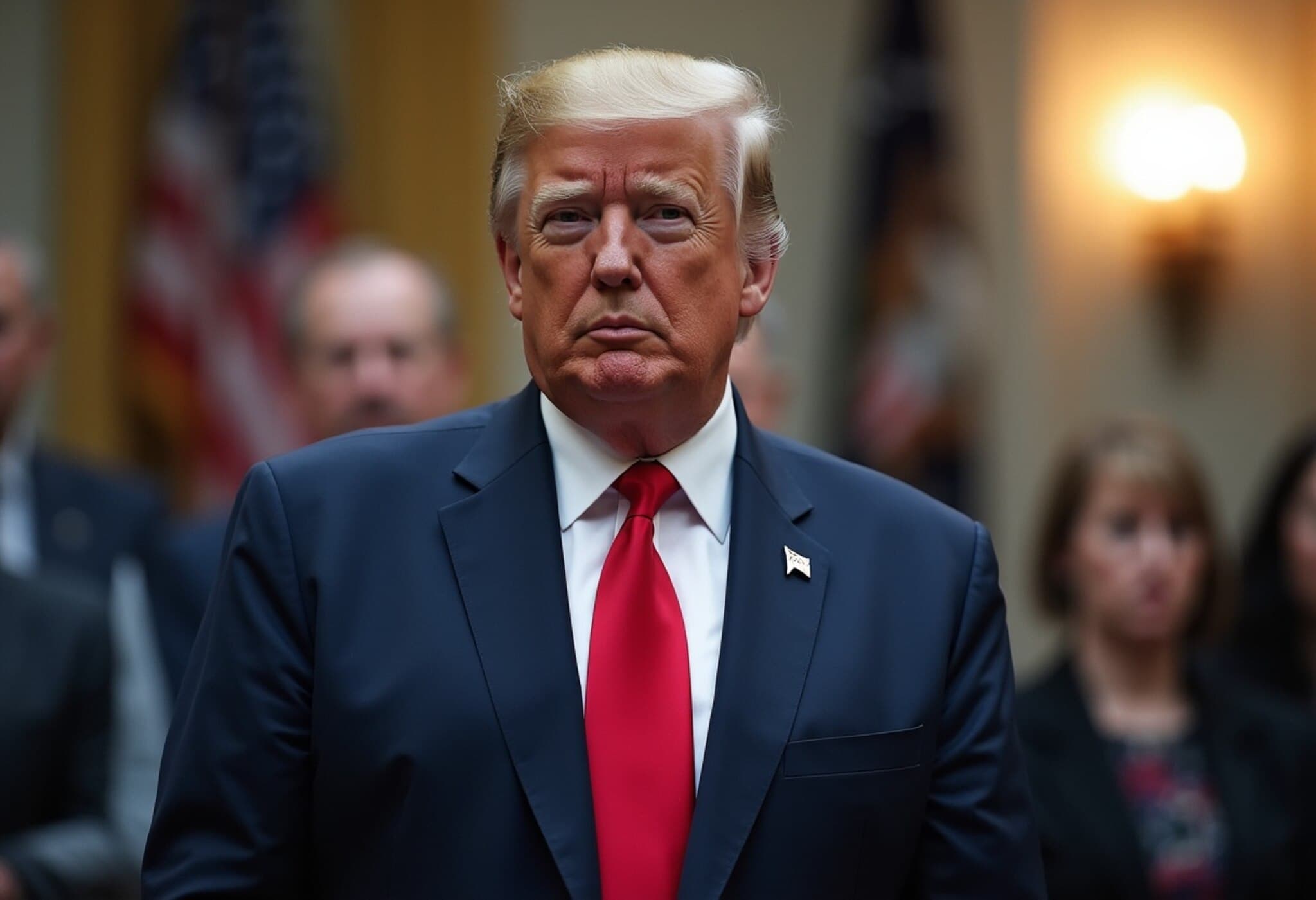Ceasefire Between Iran and Israel Breaks Down Quickly
Donald Trump announced a ceasefire between Iran and Israel, aiming to halt the escalating conflict. However, the truce unraveled within minutes as both nations accused each other of violations and exchanged missile strikes. Trump expressed his frustration, especially towards Israel's actions, underscoring the deep-rooted complexity and volatility of the confrontation.
Missile Attacks Resume Amid Ceasefire Claims
Shortly after the ceasefire was declared, Israel reported multiple missile launches from Iran, targeting northern Israel and triggering sirens and explosions. Iranian state media denied firing any missiles after the truce took effect, but the damage was severe.
- At least four civilians were killed in southern Israel during attacks on Beersheba, including damage to residential buildings where several people, including children, were rescued from rubble.
- Iran’s Supreme National Security Council praised its armed forces and issued a stern warning of a "decisive response" should further Israeli aggression occur.
Israel Responds With Targeted Strikes
In retaliation for the missile barrage, Israel conducted a limited strike on an Iranian radar installation. Initially restrained after consultations with Trump, Israeli Defense Minister Israel Katz later authorized additional military actions, citing ongoing Iranian provocations.
A significant escalation was marked by an Israeli airstrike killing Mohammad Reza Sedighi Saber, a senior Iranian nuclear scientist sanctioned by the U.S. Iran also reported pre-ceasefire attacks by Israel that resulted in the deaths of nine civilians.
Trump Issues Stern Warnings Amid Renewed Violence
Reacting to the violations of the ceasefire, Trump warned Israel explicitly against bombing Iranian territory, emphasizing the importance of maintaining the truce. He urged Israeli pilots to abort planned strikes and assured that the ceasefire would be respected if adhered to by both sides.
Iran Advances Nuclear Program Despite Attacks
Iran signaled its intent to continue its nuclear program, declaring that steps were underway to repair damage from Israeli and U.S. airstrikes. Mohammad Eslami, head of Iran’s Atomic Energy Organization, confirmed preparations to restart nuclear facilities without interruption.
Contrasting sharply, Trump claimed that Iran would never be able to rebuild its nuclear infrastructure, highlighting the intense struggle over nuclear capabilities.
Diplomatic Signals and Hesitations
After a phone call with Trump, Israeli Prime Minister Benjamin Netanyahu decided against further strikes, highlighting a moment of restraint amid escalating tensions. Netanyahu’s office confirmed that a radar site near Tehran had been destroyed but chose to de-escalate temporarily in line with U.S. caution.
Similarly, Iranian President Masoud Pezeshkian expressed willingness to honor the ceasefire, contingent on Israel’s compliance. He described the conflict as a "12-day imposed war" ending due to Iran’s determined resistance.
Summary of Key Developments
- Ceasefire announced but quickly violated by missile launches on both sides.
- Several civilian casualties reported in Israeli cities after missile strikes.
- Israel's targeted airstrikes kill a senior Iranian nuclear scientist.
- Trump warns Israel against further bombing Iran and insists on adherence to ceasefire.
- Iran vows to continue nuclear program despite international pressure.
- Leaders on both sides signal tentative willingness to respect the truce under certain conditions.
Complex Conflict Shows No Easy Resolution
The fragile ceasefire between Iran and Israel exposed the deep mistrust and volatility that continue to shatter prospects for peace. Despite diplomatic efforts and international warnings, the cycle of attacks and counterattacks persisted, leaving the region on edge and raising concerns about wider escalation.
As both nations tread carefully amid retaliations and political pressures, the international community watches closely, hoping for a sustainable path to peace that remains elusive for now.

